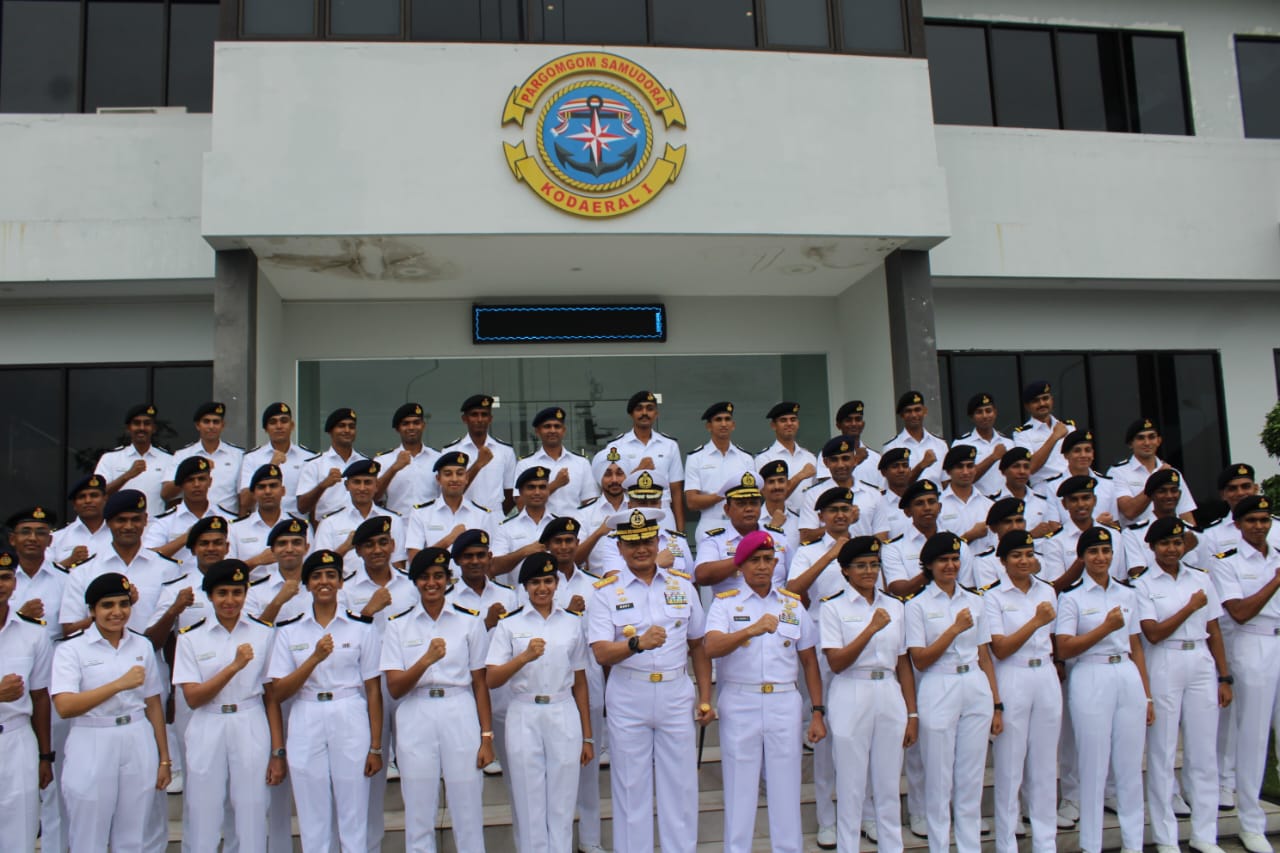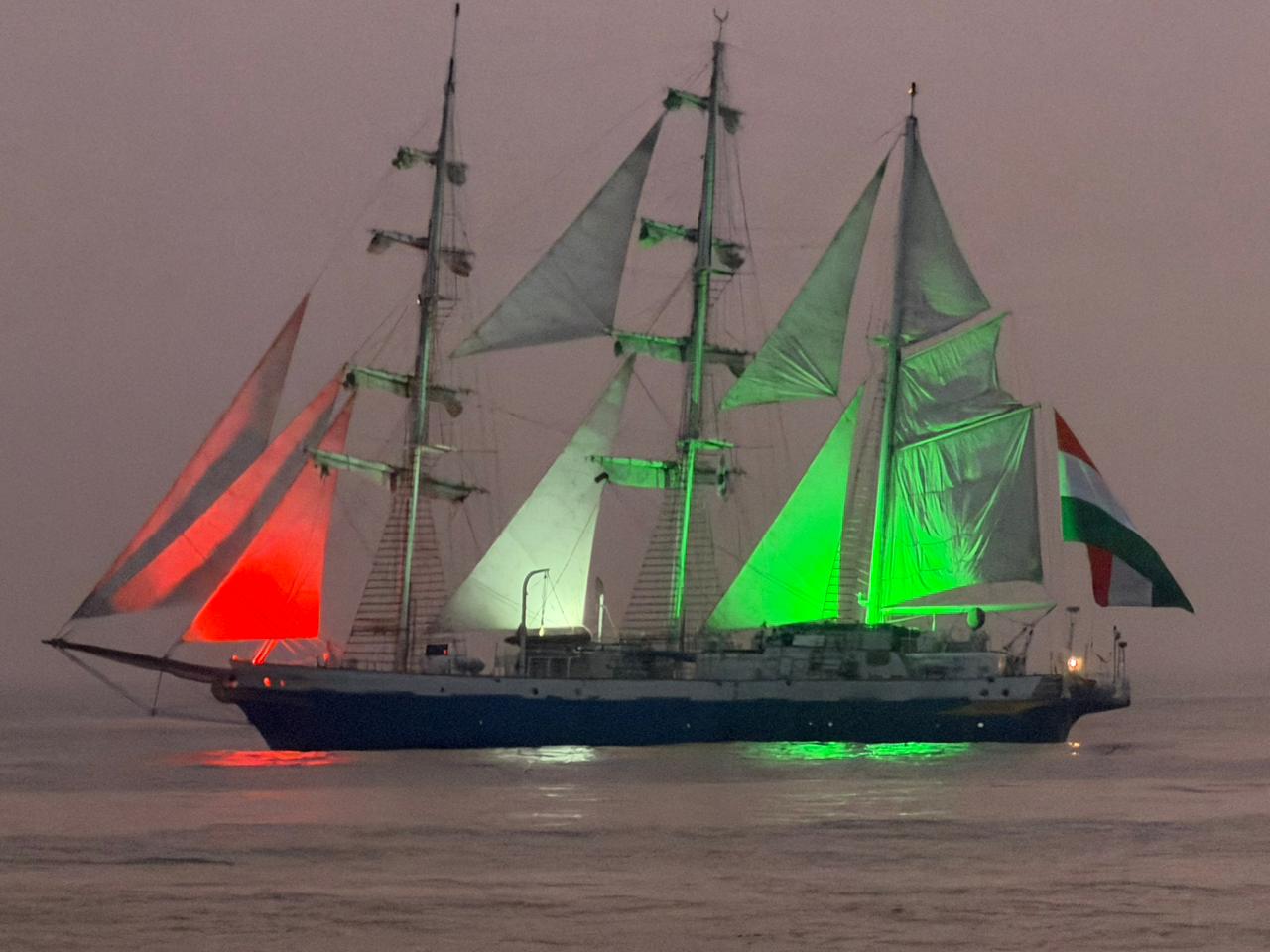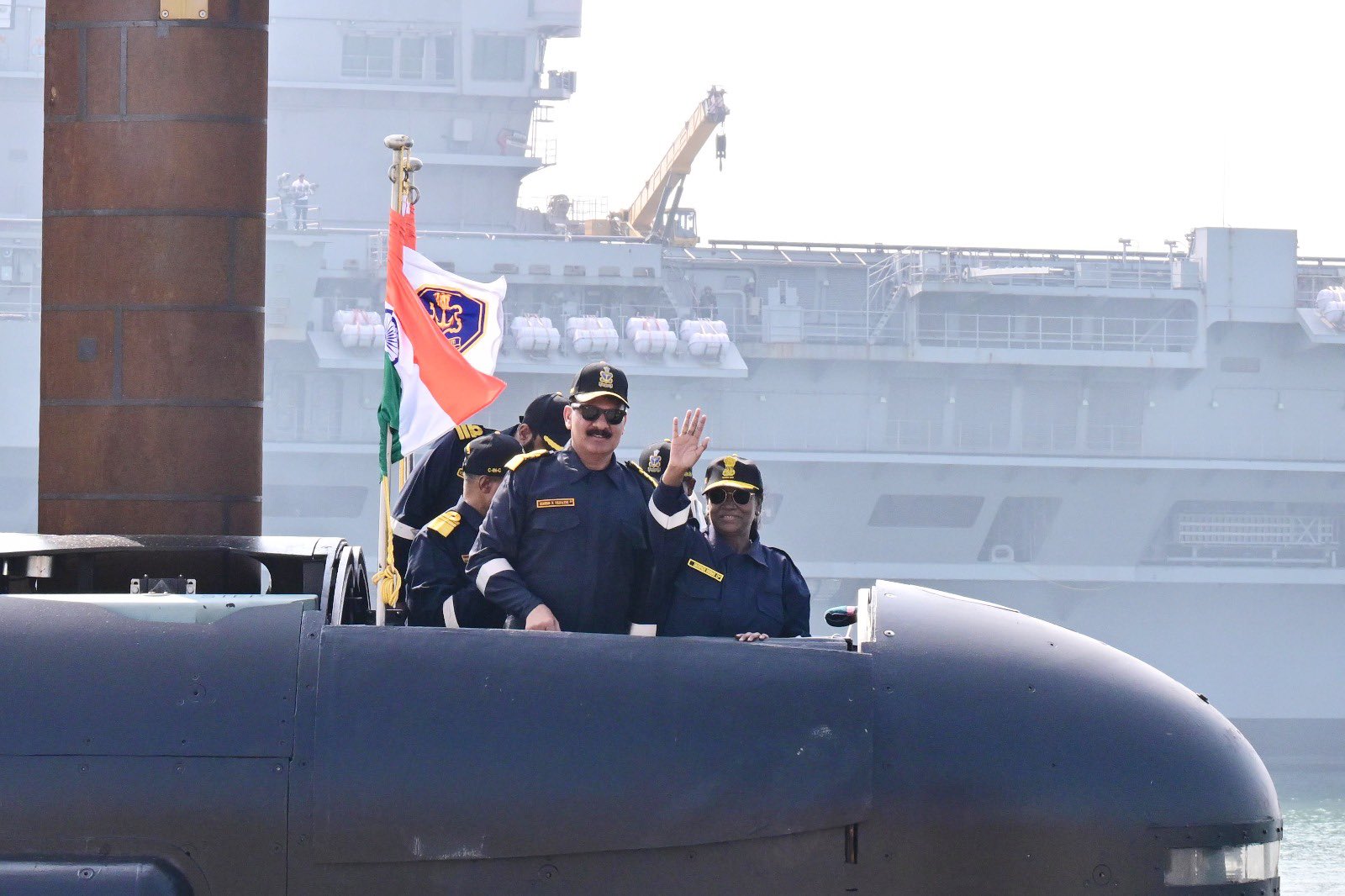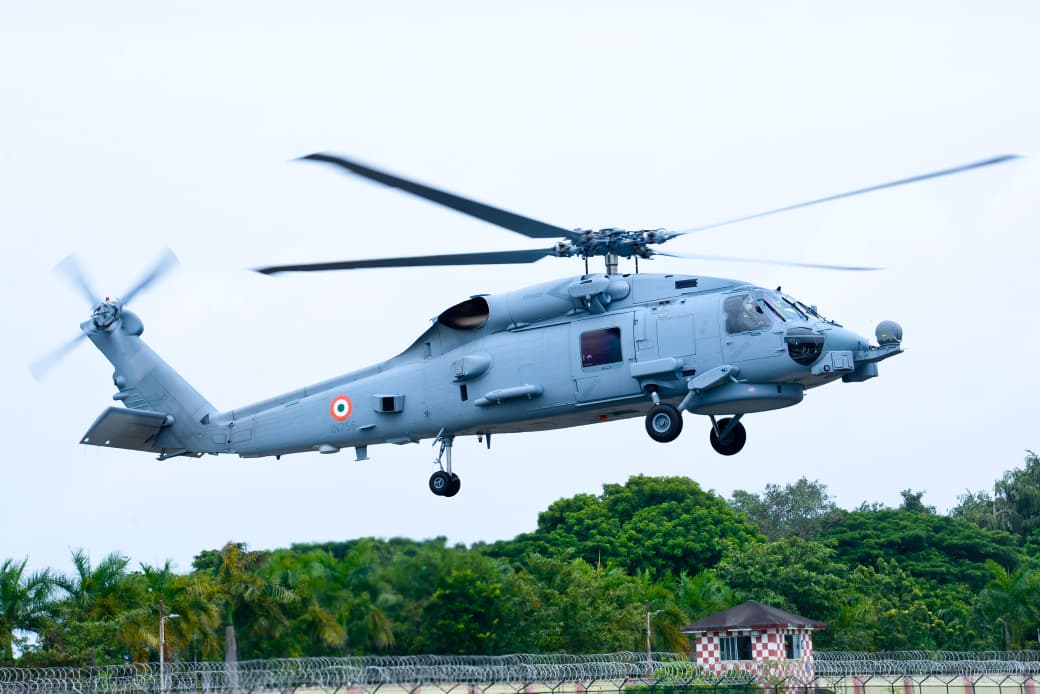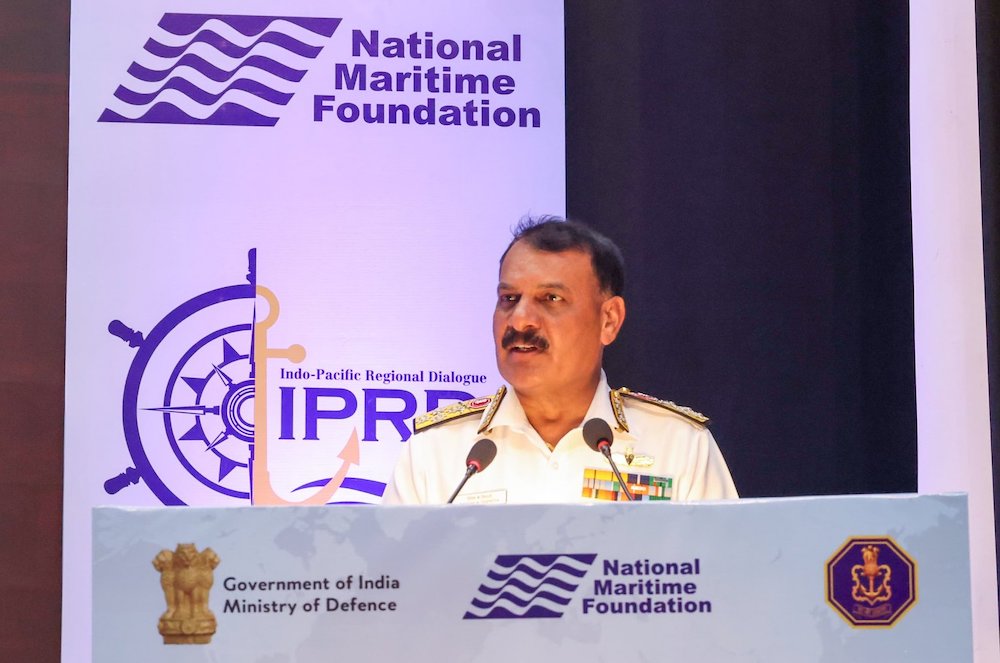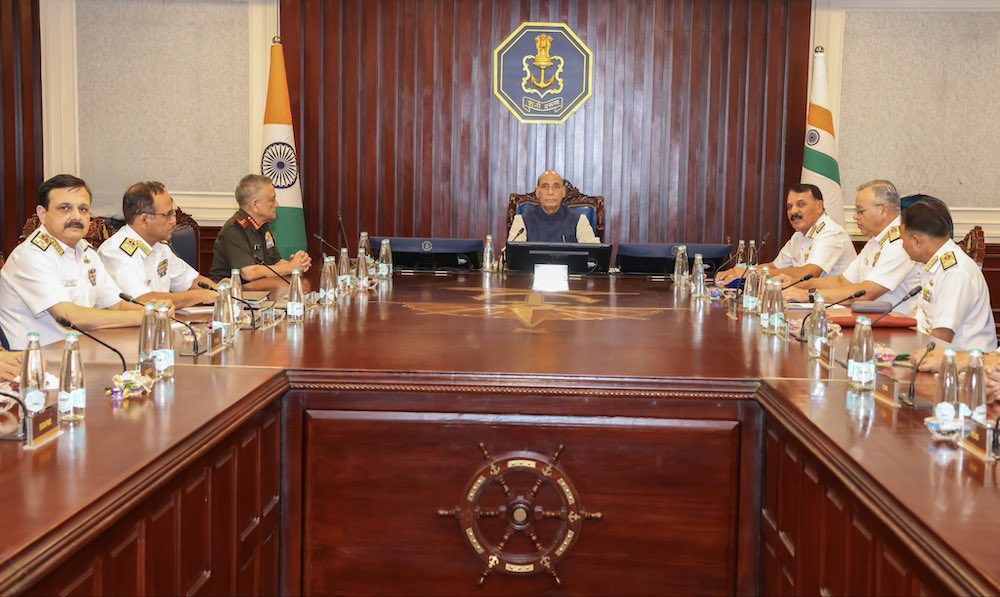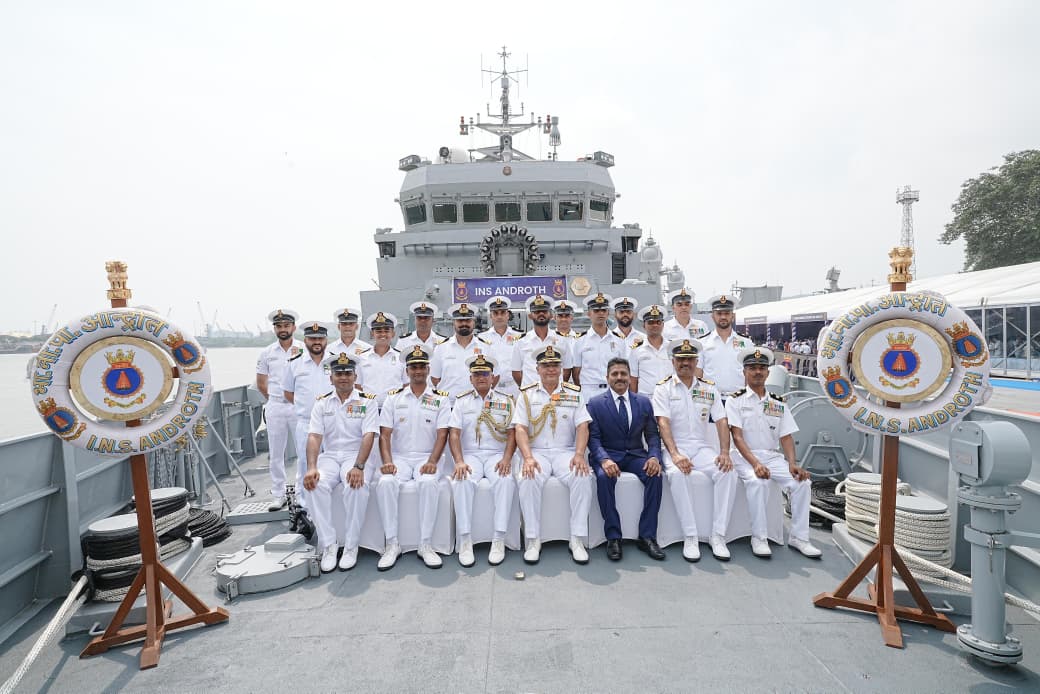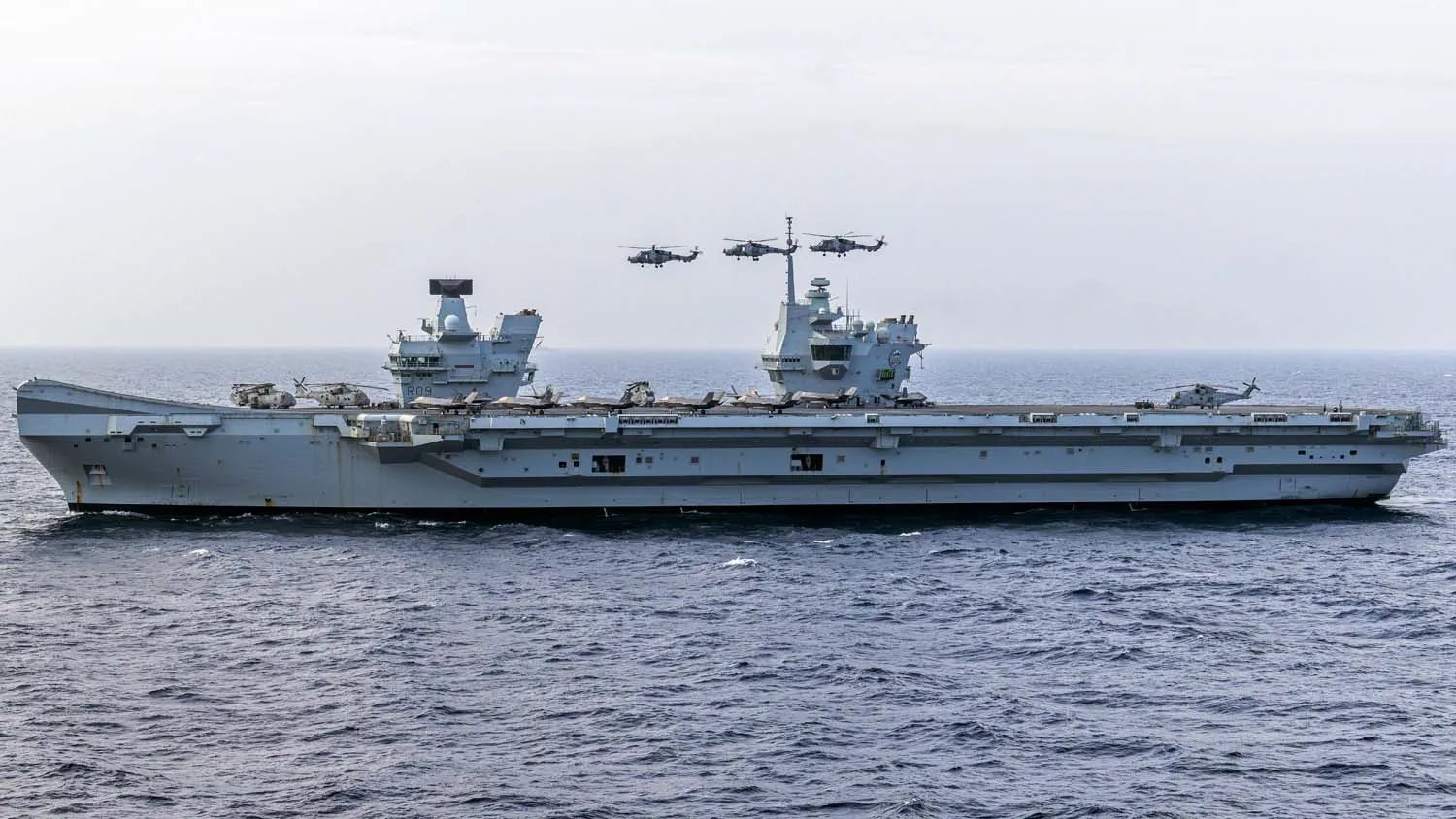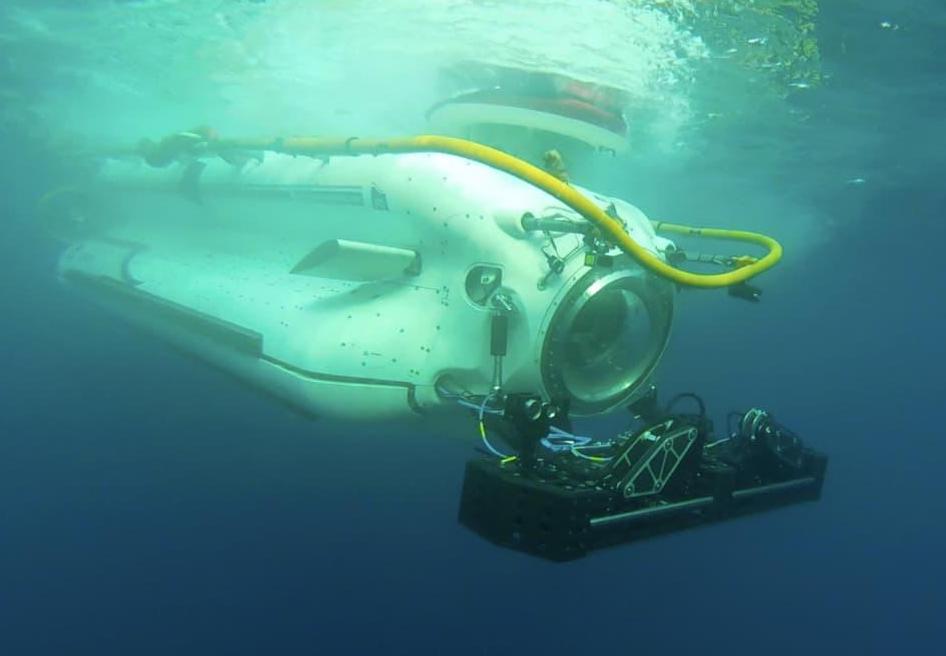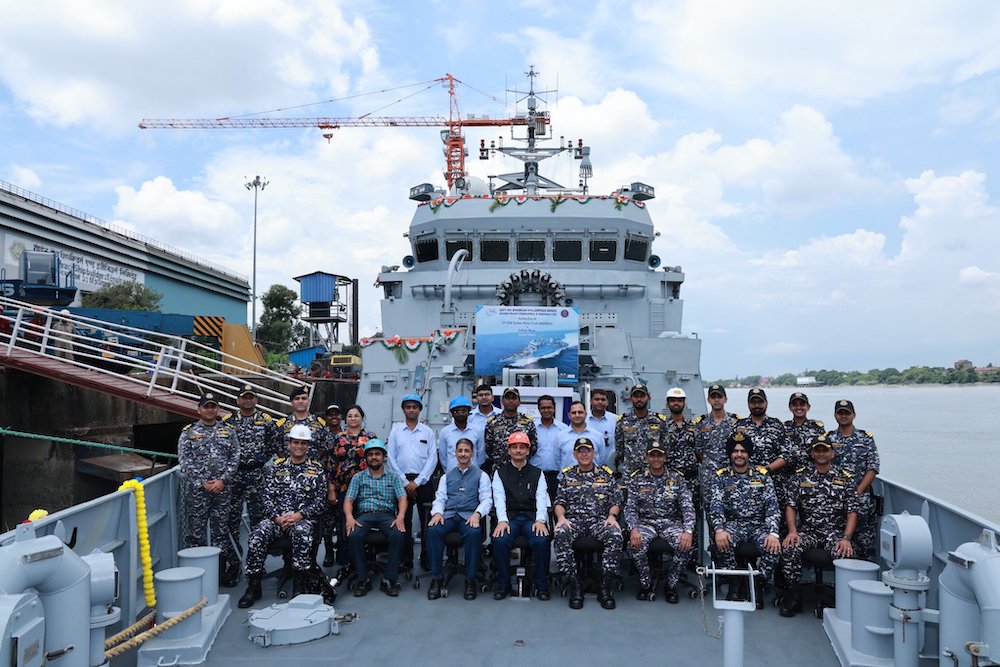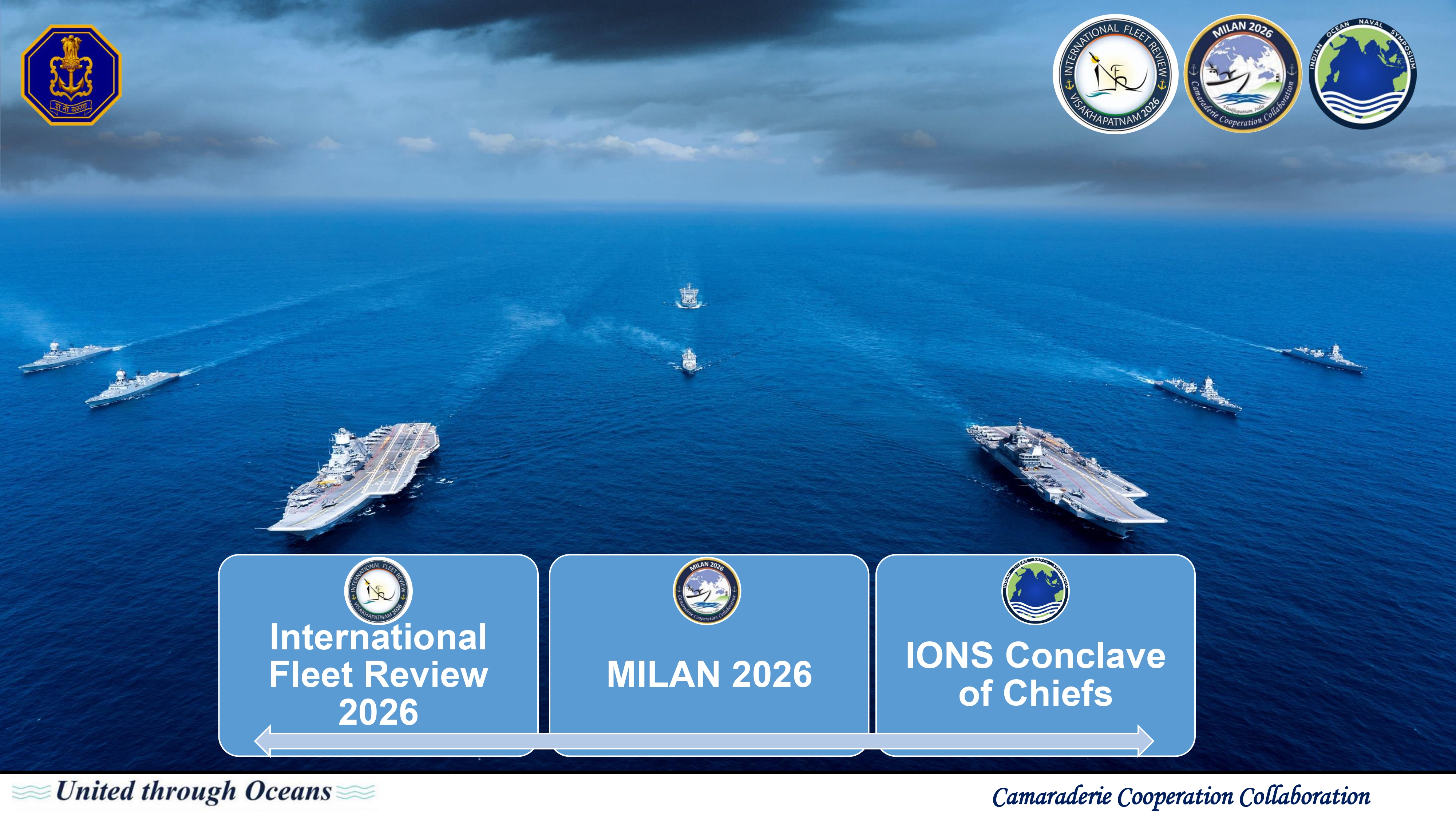 (Indian Navy handout)
(Indian Navy handout)
New Delhi: India is set to host three significant maritime events in February 2026 at Visakhapatnam, marking a major step in operationalizing the government’s MAHASAGAR initiative and positioning the country as a preferred security partner in the Indian Ocean region.
The International Fleet Review (IFR) 2026, multilateral naval exercise MILAN 2026, and the Indian Ocean Naval Symposium (IONS) Conclave of Chiefs will be held consecutively from February 15–25, 2026, in what will be India’s first time conducting these major maritime events simultaneously.
The convergence reflects the vision of the prime minister, Narendra Modi, MAHASAGAR, which is an acronym for Maritime Heritage, Advancement for Sustainable Growth Across Regions – announced in 2025. The framework extends India’s SAGAR (Security and Growth for All in the Region) philosophy, emphasizing sustainability, resilience, and collective responsibility in managing maritime commons.
Invitations have been extended to navies worldwide to participate in Visakhapatnam, home to the Eastern Naval Command and a key maritime gateway on India’s eastern seaboard. The events will demonstrate India’s commitment to freedom of navigation and inclusive maritime governance, anchored in strategic frameworks including MALABAR, the East Asia Summit, the Act East Policy, IONS, and the Indo-Pacific Oceans Initiative.
Presidential review
The February programme will feature a presidential fleet review at sea by the president of India, showcasing indigenous defence platforms. These include INS Vikrant, India’s first domestically built aircraft carrier, the Visakhapatnam-class destroyers, Nilgiri-class stealth frigates, and Kalvari-class diesel-electric submarines – vessels that represent India’s advancing naval construction capabilities under the ‘Atmanirbhar Bharat’ self-reliance initiative.
Indian Navy ships will be joined by vessels from the Indian Coast Guard and the Indian Merchant Navy, alongside visiting warships from participating nations.
The IFR, traditionally held once a decade, serves as a diplomatic platform for maritime nations to demonstrate naval cooperation. India last hosted the review in 2016, also at Visakhapatnam, with participation from over 50 countries. The 2026 edition is expected to draw similar international interest amid growing focus on Indo-Pacific security dynamics.
MILAN and IONS convergence
MILAN, which began in 1995 as a biennial gathering of regional navies, has evolved into a multilateral exercise focused on interoperability and humanitarian assistance. The 2026 iteration will include harbour and sea phases, with participants engaging in joint manoeuvres, tactical exercises, and professional exchanges.
The IONS Conclave of Chiefs brings together naval leadership from the 25-member Indian Ocean Naval Symposium, a voluntary initiative launched in 2008 to enhance maritime cooperation among littoral states. The conclave provides a forum for discussing regional security challenges, including piracy, illegal fishing, and maritime domain awareness.
The clustering of these events underscores India’s intent to leverage its geographic position and naval capacity to shape regional security architecture. With China’s expanding naval presence in the Indian Ocean and ongoing concerns over sea lane security, India’s role as a net security provider has gained renewed emphasis in recent years.
Visakhapatnam’s selection as the venue highlights the city’s strategic importance. The port hosts the Eastern Naval Command, submarine bases, and major shipbuilding facilities, making it a natural choice for events of this scale.
The February 2026 convergence is likely to draw senior naval officials, defence ministers, and observers from across the Indo-Pacific, providing India an opportunity to reinforce bilateral and multilateral defence partnerships in a rapidly evolving maritime landscape.

